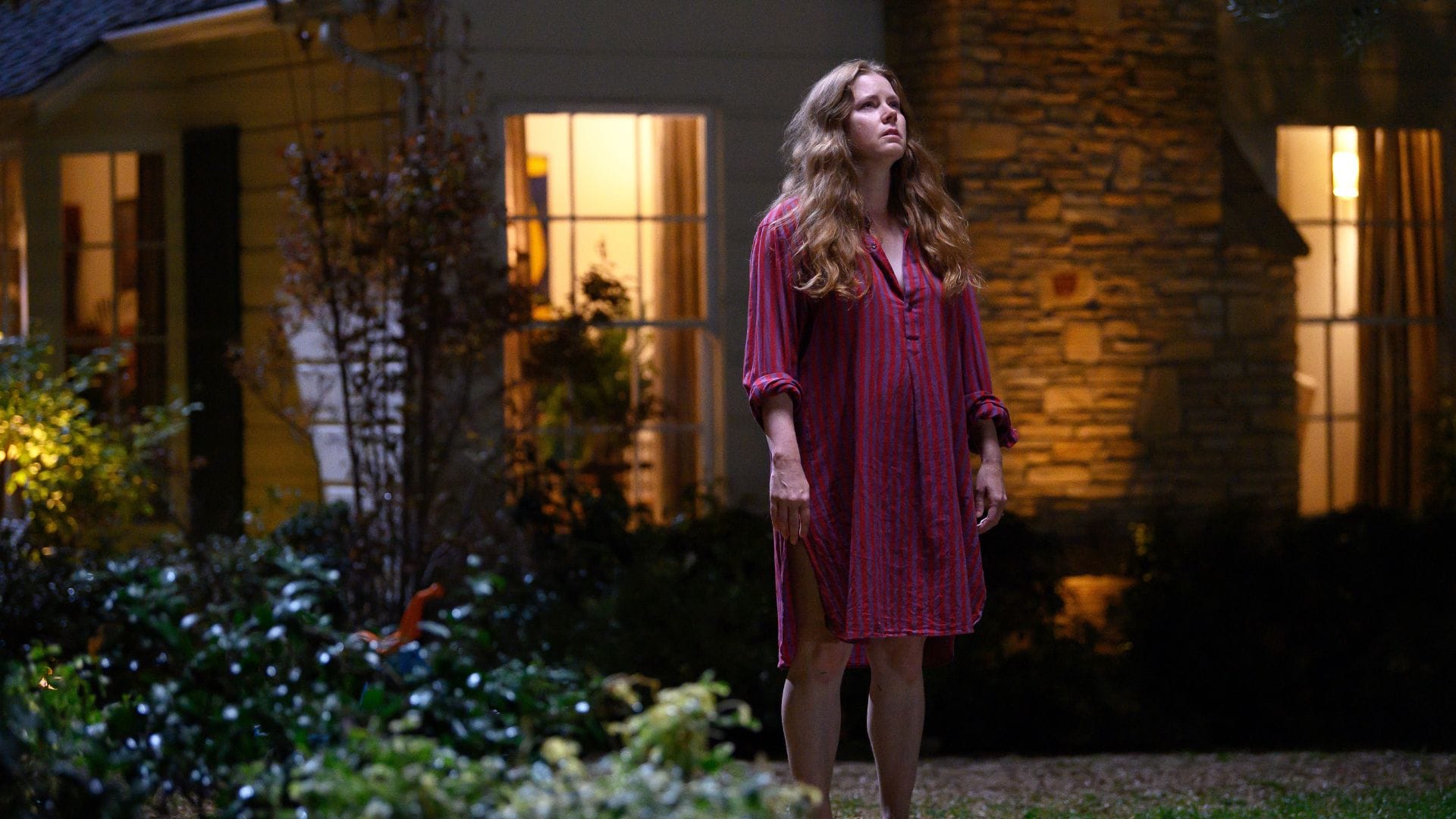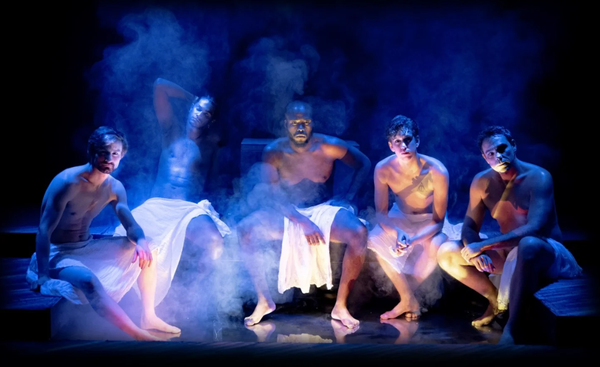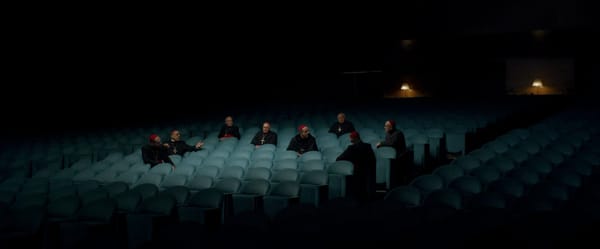Motherhood on the wild side
The trouble with adaptation in Nightbitch (2024)

Welcome to this new series: Wednesday Watches! On the occasional Wednesday, I'll be sharing a spur-of-the-moment review or discussion about a movie — or any other visual media — I've seen recently.
Warning: Raw reactions and personal opinions ahead.
"We are so powerful. I bet men are terrified of us. I mean, look at you. You are this miraculous goddess growing bones as we speak."
When Amy Adams's latest film project was announced to be an adaptation of Rachel Yoder's 2021 book Nightbitch, I pounced at the chance to get my hands on a copy from the library.
Nightbitch is a novel that unravels the interior world of an unnamed woman who's put her career as an artist on hold to stay at home full-time with her toddler. Her life has since become a series of mind-numbing tasks until one day inexplicable changes begin taking over her body.
Despite the book's immersive, snarky narration and the story's evocative themes, the overall execution of its main idea grows tedious around the halfway point. Sure, it could be an intentional reflection of the protagonist's own painfully redundant experience of motherhood. But the book still would've made for a much stronger novella that could've struck the necessary cord and left it reverberating without belabouring itself.
With all that being said, how does the Nightbitch adaptation fare as a dissection of motherhood at the crossroads of horror and dark comedy?

Being a novel revolving almost entirely around a woman's spiralling internal state, a Nightbitch adaptation already had its work cut out for it. Because how does a movie put a character's intangible interior world onto the screen?
Nightbitch goes with a conflicting mix of predictable voiceover narration and spoken dialogue unheard by the surrounding characters. For a story rooted in living out one's natural wildness, the decision to conform to these conventional techniques feels lacklustre. It would've been a treat to see the script take greater advantage of its magical realism by being more daring in its approach, especially with a talent like Amy Adams at the helm.
The nature of this leading role is a departure for Adams and one which she takes on with no restraint, particularly in its ferocious physicality. This, together with the inherent softness she brings to the maternal figure, Adams holds in her performance an emotional tension equivalent to that of a balloon on the brink of bursting. And it's this juxtaposition, as well as the contrast between the characters she's been known to play and the Nightbitch protagonist, that drives home the discomfort of watching this mother's animalistic transformation.
Although Adams's performance brings a gripping quality to this adaptation, so much of the film's technical storytelling is inconsistent, over-explained, and poorly paced. The movie hops between flashbacks to the mother's childhood, eerie librarian encounters, and communes with a pack of neighbourhood dogs. Ultimately, our protagonist's canine transformation, which happens not far into the first act, is left fumbling for relevance amongst the film's numerous other threads it pulls from the book.
However, it's actually in the movie's changes to the book's original storyline where it finds a grounding voice.

The Nightbitch film focuses on resolution and healing of relationships between characters. The mother finds unexpected community in places that she initially regarded with bitterness as well as a rekindled connection with her husband, which all comes together — in true Hollywood fashion — through a conveniently satisfying final scene of family, friendship, and art.
While I can pick apart Nightbitch's flaws all I want, its impact on real-life mothers has been undeniable. A quick skim of online discussions goes to show that the conflicts this story's main character faces have brought much-needed representation of motherhood to the table. From sleepless nights to incompetent partners, Nightbitch is, regardless of its shortcomings, encouraging discourse between mothers and about motherhood that have habitually been denied such candid honesty.
If you’ve found value, joy, or comfort in The Kulturalist, consider clicking the button below to support my work. Your generosity keeps the words flowing. Thank you for being here!





